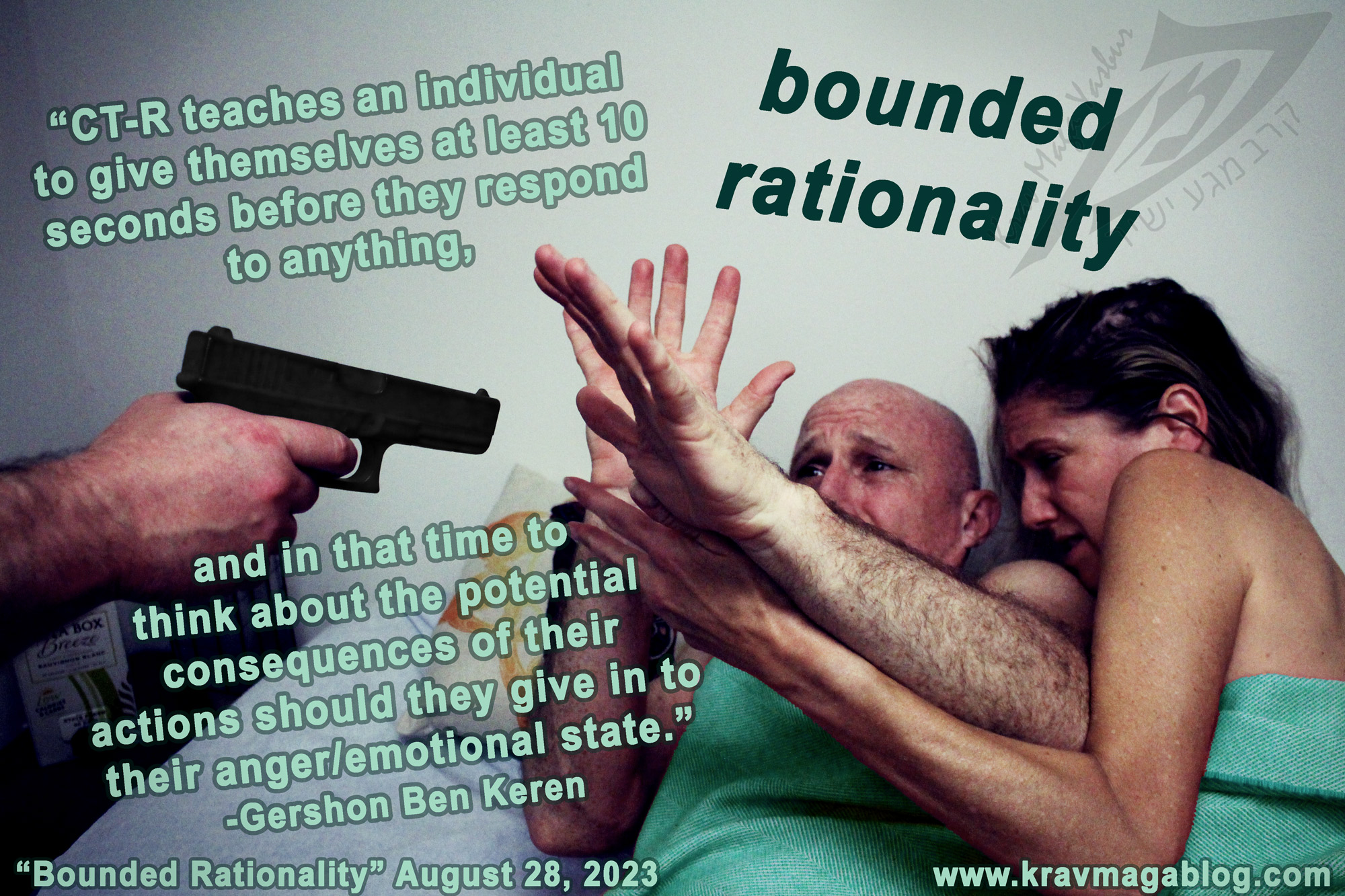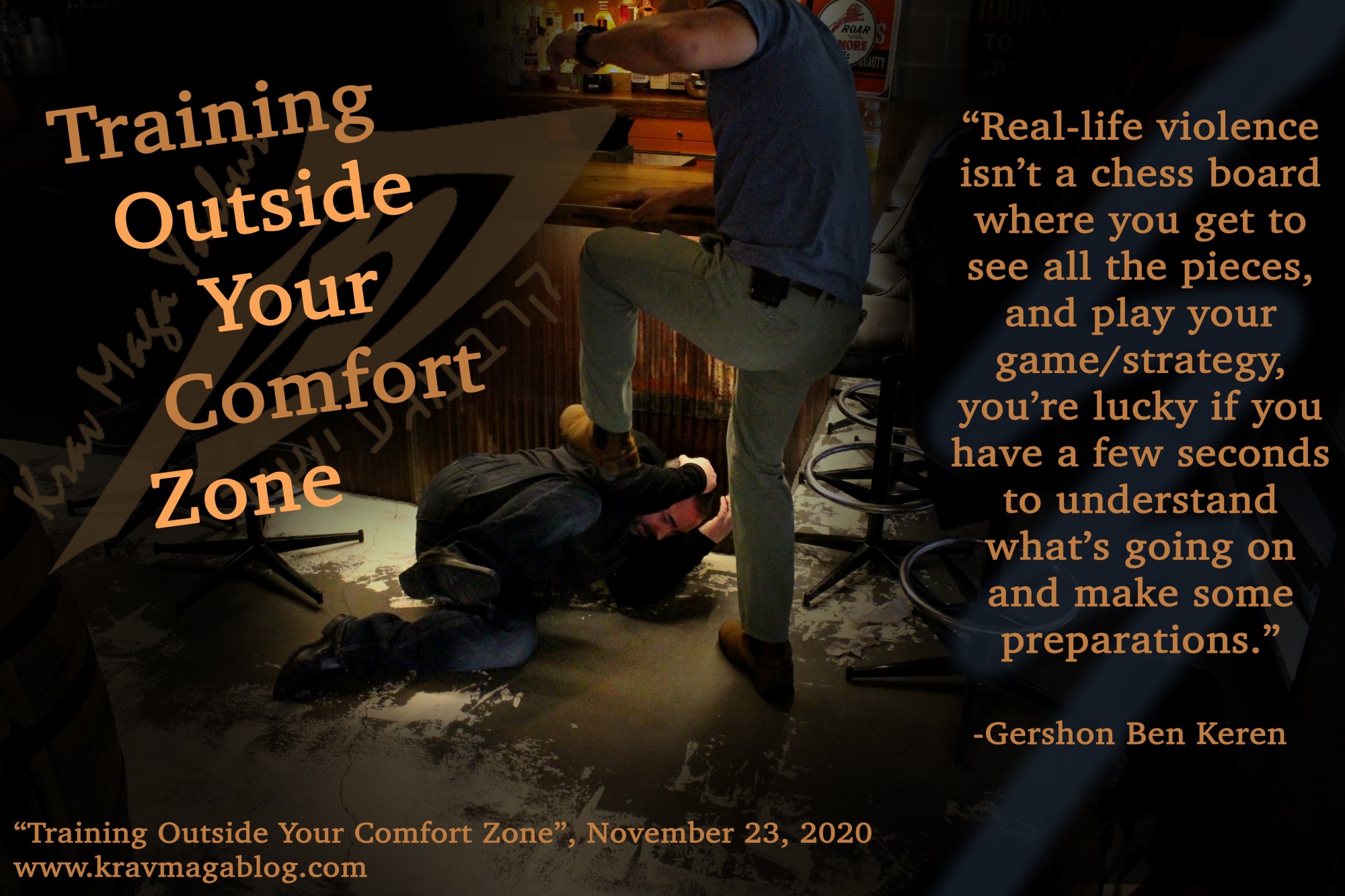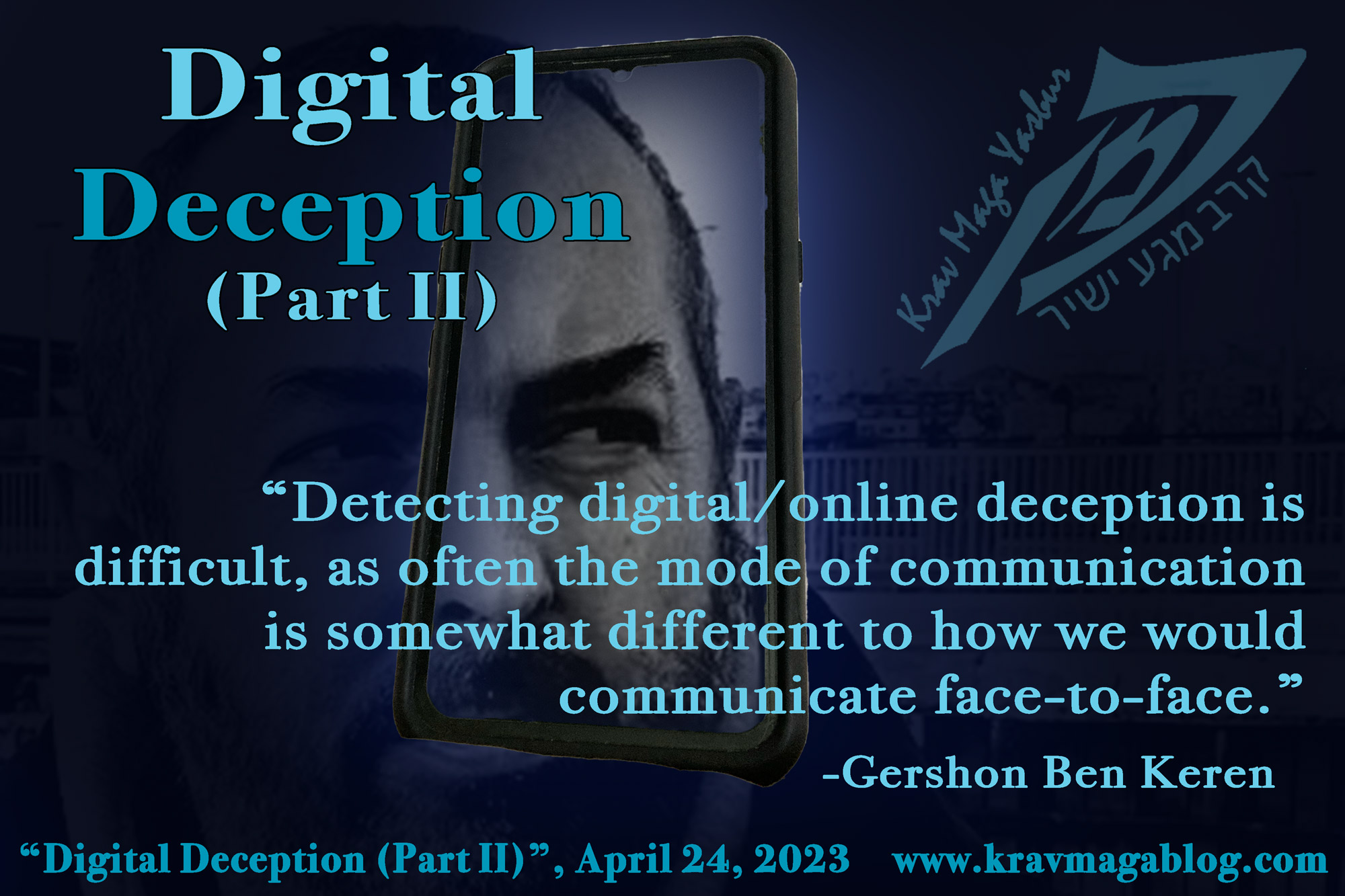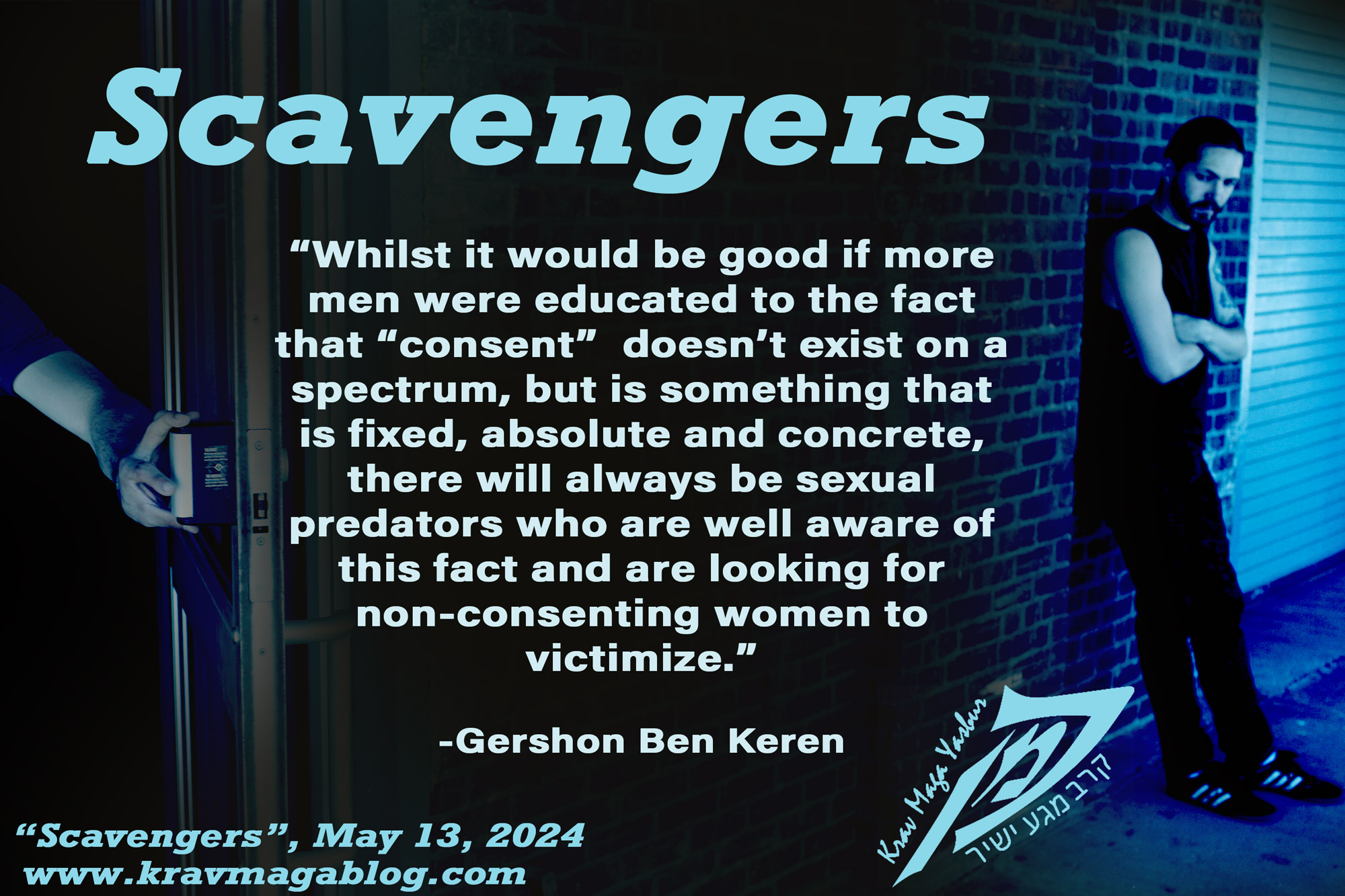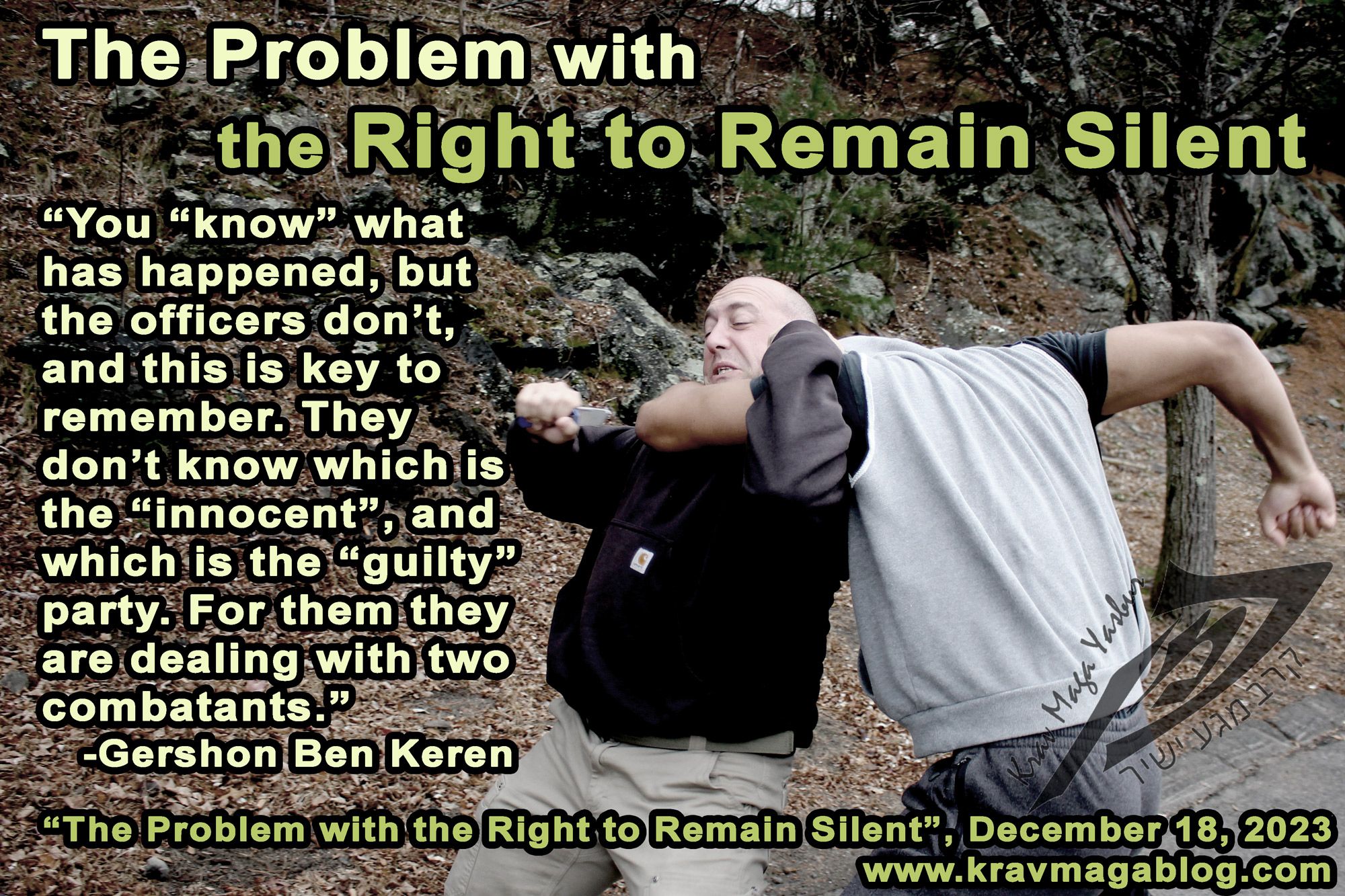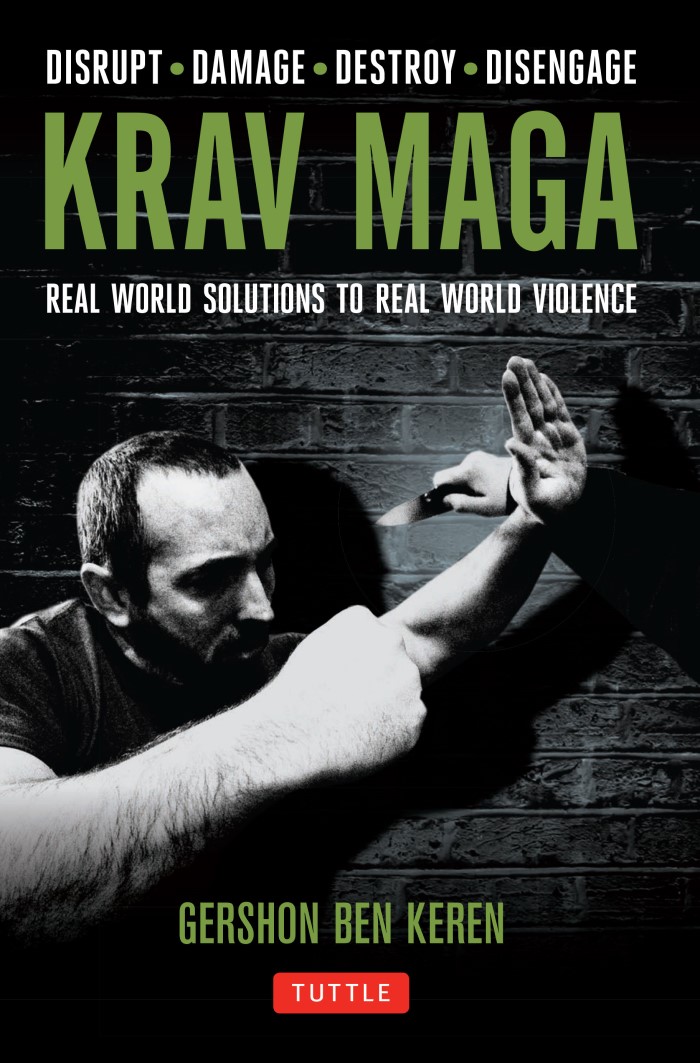The Men Should Just Stop Raping Women Argument, is an article written by Gershon Ben Keren, a 5th Degree Black Belt in Krav Maga, who teaches Krav Maga in Boston, MA. He has also authored three Amazon best-Selling Books on Krav Maga.
I was recently alerted to an article that had been published by Runner’s World on their online magazine, concerning the sexual assault/murders of three female runners that occurred between July 31st and August 7th. Although the article raised some good points about male culture and female harassment etc., it also embodied a very common and prevalent view, that because the rapist is to blame for their assault, it is up to men to stop committing sexual assaults, rather than for women to have to learn and take the effort to protect themselves from such predators. At first glance, this may seem like a fair and reasonable argument, however it is one that many rapists have used to cultivate a certain attitude and culture around sexual assaults, making it look like their behaviors stem from a culture, rather than a pathology. It seems that there is the idea, that rape exists on a spectrum, along with sexual harrassment and other anti-social attitudes towards women, and that these lesser offences can develop into sexual assaults. Whilst these attitudes and behaviors need to be addressed, rape and sexual assault are specific crimes, with their own motivations, and emotions and need to be addressed as such, rather than as part of a general issue of male attitudes towards women.
If I was able to get every rapist and sexual assailant into a room, and explain why nonconsensual sex, was morally reprehensible, and damaging to both the individual and society at large, etc., I would be unlikely to change anyone’s future actions and behavior (these individuals are emotionally driven and will offend, knowing that society judges what they do as wrong, and regardless of the legal consequences they may face). If I was able to get all the other men in the world into a room, and explain why unwanted persistence, public sexual commentary on a woman’s appearance, etc. was wrong, I may (if my arguments were good) convince a large section of my audience to change the way they interact with women. Yes, there is a cultural issue, around the way that many men perceive women, and it should be addressed, however many sexual assailants use this culture as an excuse/reason for why they commit their assaults. Brock Turner’s Father, in his letter to the Judge, excusing his son’s rape, due to the college drinking culture is a good example of this. It wouldn’t have mattered if Brock Turner, had received all the information, moral guidance and education in the world as to why it is wrong to force an unconscious woman to have sex, he would still have done it. What Brock Turner’s father couldn’t accept was that his son is a sexual predator (not was, is), and to excuse/rationalize his behavior, he blamed the culture/environment that his son was part of. When the argument is made, that the reason that sexual assaults occur, is due to the current boorish, obnoxious male culture that is so prevalent, we are inadvertently buying into, and promoting Brock Turner and his father’s arguments.
Do I believe that many male attitudes towards women need to change? Absolutely, and one of the reasons I would love to see the change, is so that women are given an easier chance to spot predatory individuals who plan to assault them. If an individual, who isn’t a rapist, understood that his unwanted persistence, and inability to recognize when a woman was saying “no” (not in a sexual context, but in a social one), mirrors the actions and behaviors of a sexual predator, grooming a potential victim, then they may start to realize that they are behaving in a way that legitimizes the rapist’s method/process; and that makes it difficult for women to differentiate between men who are simply annoying and disrespectful, and those that mean them actual physical harm.
When we accept that a rapist, misread their victim’s signals, or “thought” that they were engaging in consensual sex, etc., we are buying into the myth, that rape is caused by the current disrespectful male culture, that sees women as being obliged to act and behave in a certain way towards men. Rape is borne out of masturbatory fantasy, it is not spontaneous; men don’t suddenly find themselves raping women, they plan it – the current culture might make it more socially acceptable amongst some groups, however there is little evidence out there to suggest that men become rapists, due to a prevalent “social culture”. From what we understand, the origins of such dark fantasies start in childhood, and are more specific to the individual’s personal environment and upbringing than a general one. The university senior, who commits a sexual assault, started fantasizing about this many, many years before. Whilst the current culture expressed by many male students towards their female counterparts is both disgusting and wrong, and may make rape/sexual assaults more “acceptable”, the seeds of this evil were sown much earlier. When we blame the culture, we risk taking some of the responsibility away from the perpetrator, and this often allows them to go unpunished for their crimes.
Where the culture certainly needs to change is in our judiciary, who time and time again when sentencing, buy in to the myth, that sexual predators don’t really need punishment, but instead an education into the rights and wrongs of their actions. Whenever the argument is made that men should simply stop raping women, and that this would solve the problem of sexual assault, the Judge is given an option of education over punishment – if the assailant can “learn” from their experience, they won’t rape again. All rapists learn from their legal experience(s) is to plan their assaults with more care. Harsher sentencing, would send a strong message to the men who don’t rape (as well as result in a “fairer” experience for the victim; possibly offering some form of closure), as to how society views sexual assault, and those who don’t respect a woman’s right to say “no”, in all contexts, including unwanted attention, persistent harassment, etc. There is little evidence that harsher sentences would deter such emotionally driven criminals, however it may start to educate other men to the importance of a woman’s rights.
It is attractive and tempting to think that by changing men’s attitudes and the current male culture that we will be able to re-educate would-be rapists, and lessen the number of assaults, however this is wishful thinking, only providing us with the illusion that we can solve a problem we really don’t understand i.e. why some men rape, and others don’t. It’s not that many men don’t need to change their attitudes towards women, however there is a big difference between a misogynist and a rapist, and whilst education can go a long way in changing attitudes, it has proved highly ineffective in changing the attitudes and behaviors of sexual predators; hence the high recidivism rates of this particular population. Education may change the way other men view the actions of sexual predators, but it is unlikely to prevent those who have these motivations and fantasies from acting upon them.
It is time that a large section of male culture changed its attitude towards women, but it is also time that the realities of rape are accepted - education has, and does prove largely ineffective at both deterring and preventing would-be rapists. This means that the most effective, preventative measures are learning how to predict, identify, and avoid predatory behavior, before it manifests itself in an assault. This may mean that for our safety, we need to adopt safety measures and precautions that alter and change our lifestyle, however these are the immediate and practical steps we can take in order to avoid becoming the victim of a sexual assault. We should stop giving rapists the excuse of “male culture” to hide behind, and shine the light on them, as individuals.
0 COMMENTS
